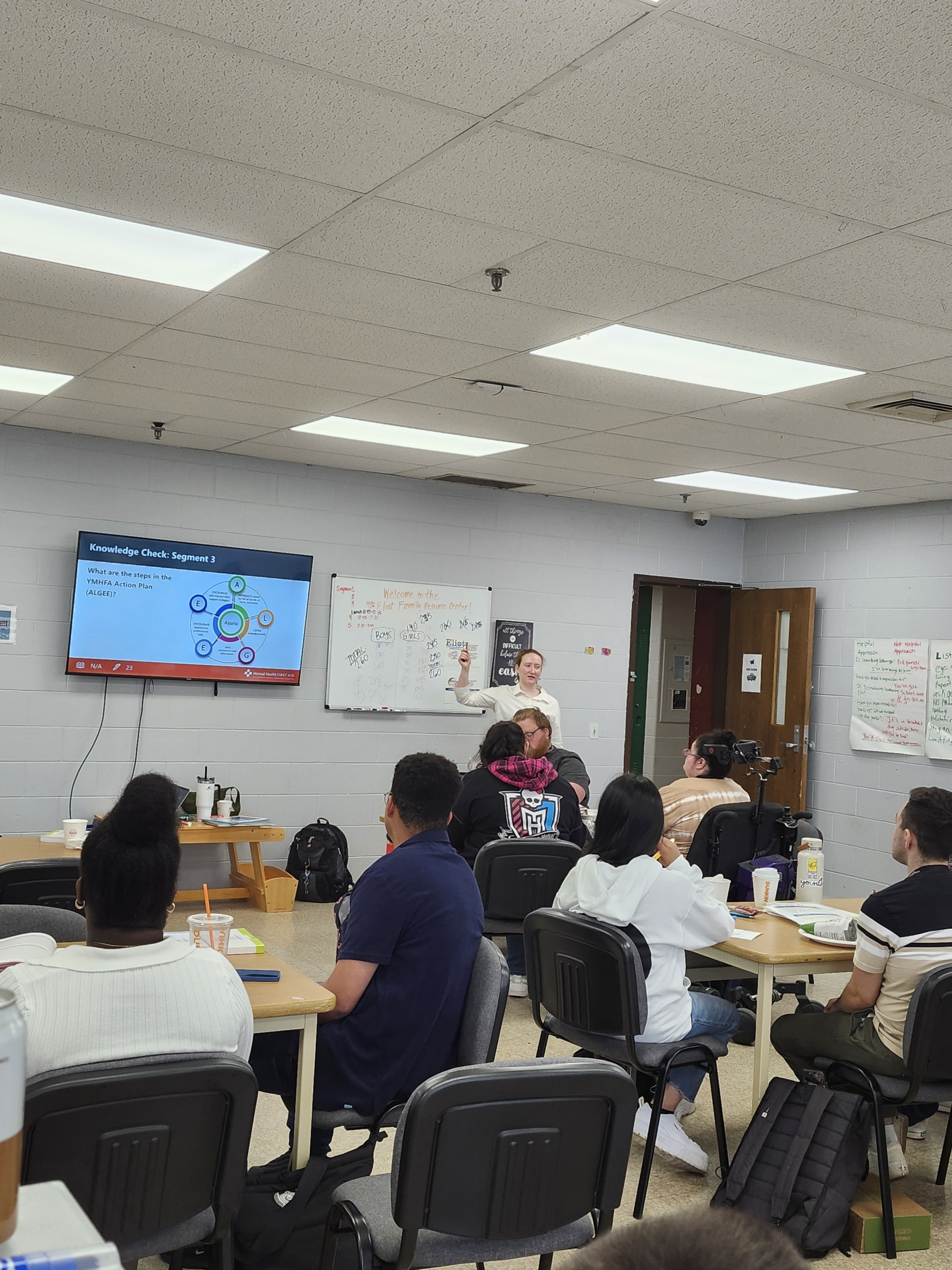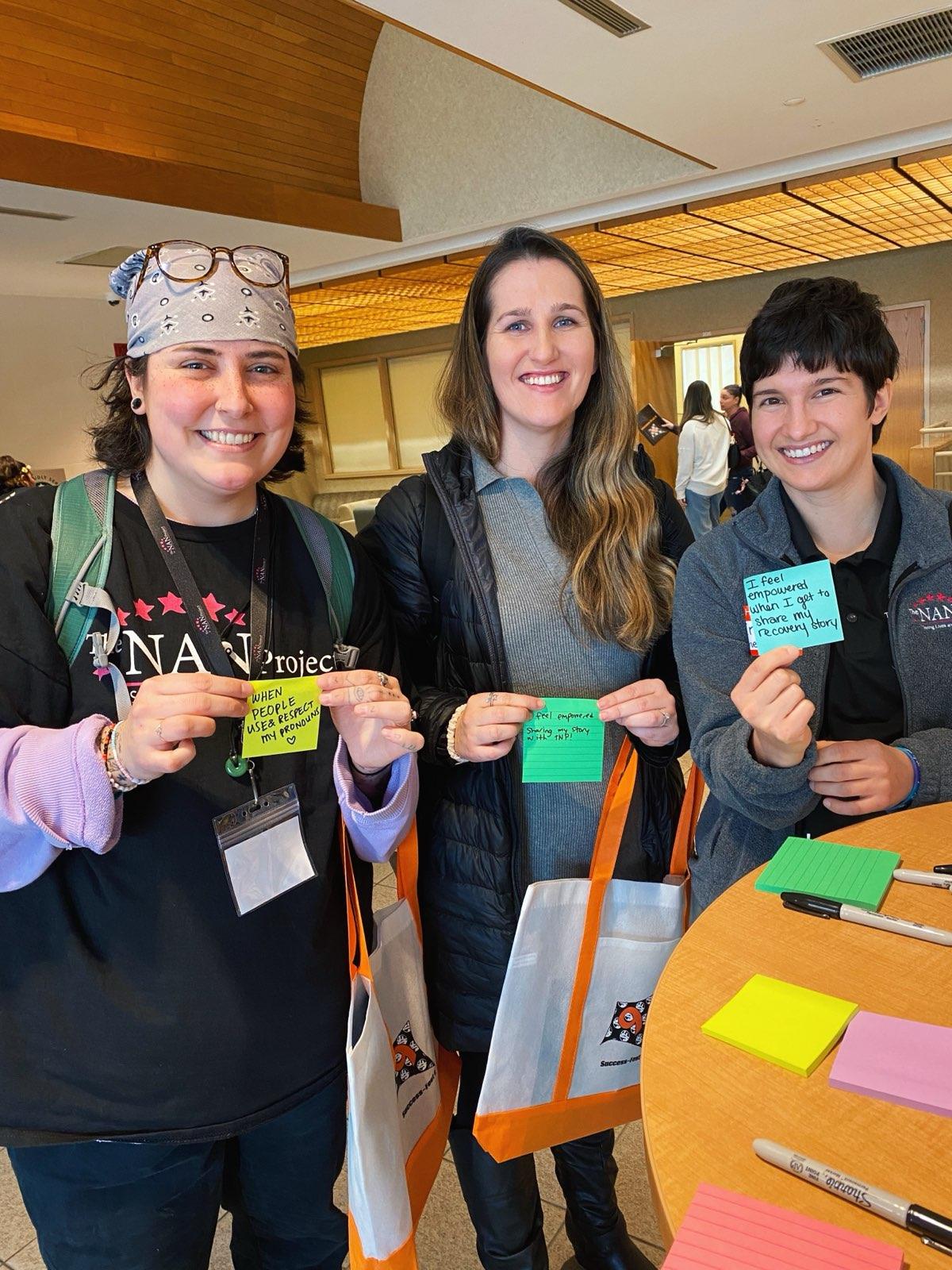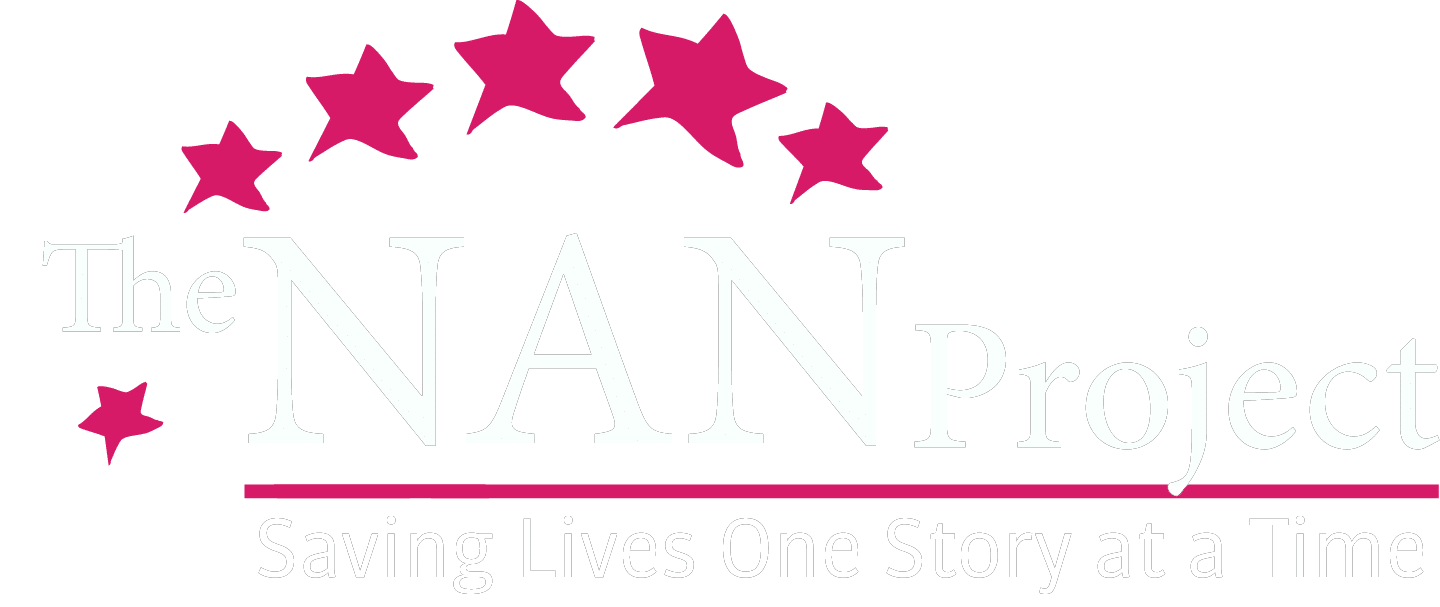Goals and Outcomes
The NAN Project’s overarching goal is to prevent youth suicide by raising the conversation about mental health above a whisper and eliminating the stigma surrounding mental health.
Organizational goals include:
- Increase awareness of mental health issues and improve knowledge of available supports among students who receive The NAN Project programming;
Expand The NAN Project’s cadre of Peer Mentors to be able to support programming in communities - Increase the number of trusted adults within schools who are trained in QPR, so that they are more aware of the signs a student may be struggling and know how to support those students
- Empower high school students to carry out regular activities to reduce stigma in their school
- Develop new approaches to reach youth through partnerships
- Reduce the stigma at schools and in the broader community around mental health and suicide so that students feel comfortable seeking help from a trusted adult at home, at school, or in the community.


Outcomes
The NAN Project works toward a number of short-term and long-term outcomes related to students’ and teachers’ knowledge, attitudes, and skills. The University of Massachusetts Medical School’s Center for Developmental Disabilities Evaluation and Research has designed an evaluation of TNP to characterize and evaluate TNP’s work. As a part of this evaluation effort, TNP has standardized the core content of the Peer Mentor presentations, making sure that all students have access to the same information while still experiencing the very powerful, personal Peer Mentor stories.
Outcomes for students:
Short-Term: Reduced sense of isolation; increased empathy; increased hope gained from the Peer Mentor Comeback Stories; reduced misinformation; and increased confidence. Students will gain knowledge in how to respond to a peer who is struggling; who are the trusted adults in their school who can help; risk factors for suicidal thoughts; coping strategies; and, signs and symptoms of mental health issues.
Medium-Term: Have more confidence and skills to talk about their thoughts and feelings; behave with reduced ‘otherness’ and increased empathy; access trusted adults and/ or mental health resources; respond to a struggling peer appropriately; use coping skills to manage stress, anxiety, and depression; improved resiliency, awareness of self-efficiency as social support; and increase in perceived safety in talking about mental health.


Outcomes for Teachers:
Short-Term for Teachers: Increased knowledge of risk factors, statistics and ‘How To’ strategies; increased confidence in approaching a struggling student; increased empowerment; and increased motivation to address mental health issues.
Medium-Term for Teachers: Improved ability to recognize a struggling child and respond supportively; and, recommend/refer struggling students to services and resources.
